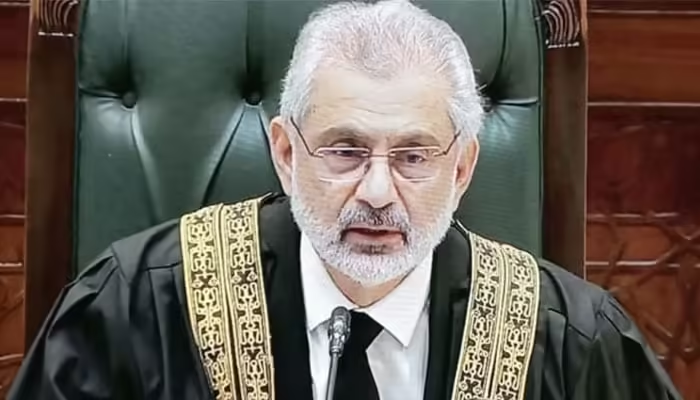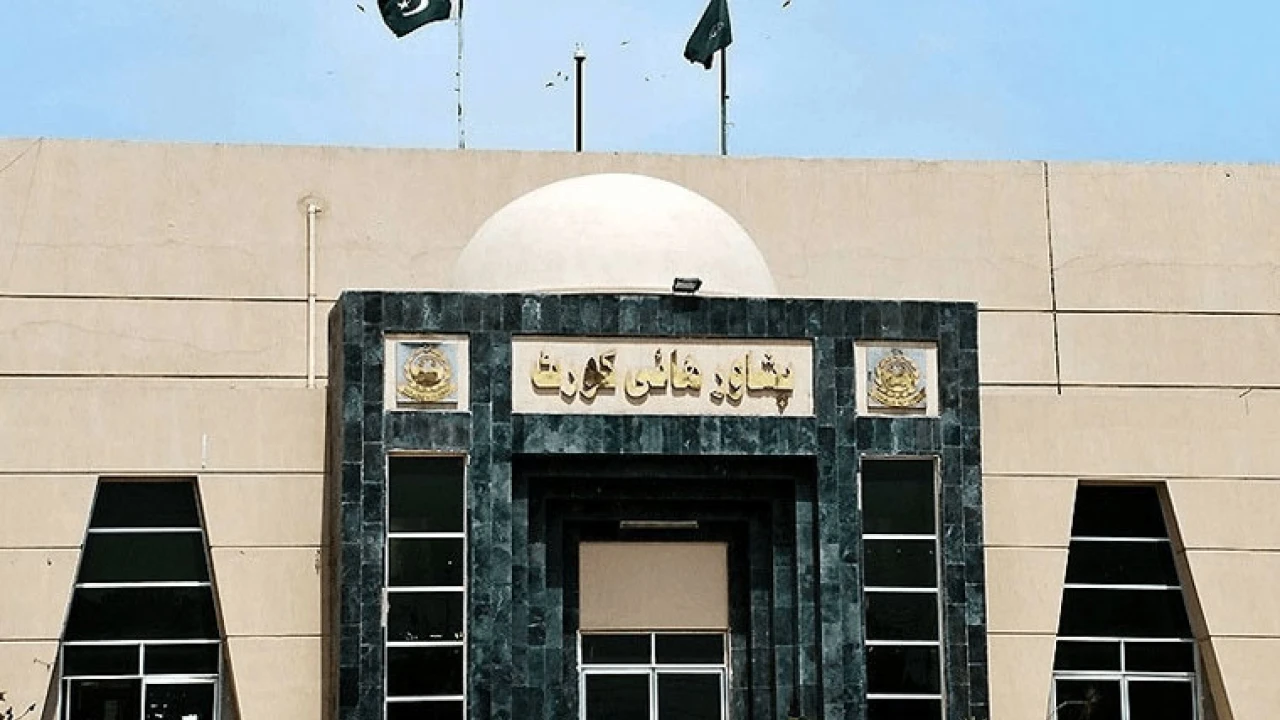Introduction
In a heated session of the Supreme Court of Pakistan, Chief Justice Qazi Faiz Isa expressed his frustration and dismay over the federal government’s handling of the Margalla National Park issue. The case, which revolves around unauthorized business activities and illegal constructions within the national park, took a serious turn when the Chief Justice questioned the government’s apparent disregard for judicial orders. Justice Isa’s sharp remarks highlighted the growing concerns over the encroachment of powerful individuals and the military into public domains, raising questions about governance, accountability, and the rule of law in Pakistan.
Court Proceedings and Key Remarks
The hearing, conducted by a three-member bench headed by Chief Justice Qazi Faiz Isa, focused on the Supreme Court’s previous orders aimed at protecting Margalla National Park, a vital national asset. The Chief Justice was visibly disturbed by the government’s decision to transfer the management of the Wildlife Board, which oversees the park, to the Ministry of Interior. This move, which included the removal of the Wildlife Board’s Chairperson, was seen as a violation of the court’s orders and an overreach of executive authority.
Chief Justice Isa questioned the Attorney General on whether the country’s generals and bureaucrats had effectively taken control of national affairs. He asserted, “This country is made for the people and not for the gentlemen; the country will not run like this.” His remarks underscored the growing influence of powerful figures in government and military circles, which he suggested was undermining the principles of democracy and the rule of law.
The Chief Justice further pointed out that the role of the Ministry of Interior is to maintain law and order, not to manage environmental or conservation matters like those of Margalla National Park. He expressed concern over the apparent disregard for judicial decisions, stating, “The actions seem to be judicial decisions. We will implement the decision to remove the restaurant from Margalla in any case.”
Government’s Defense and Chief Justice’s Response
The Attorney General, along with the Cabinet Secretary, appeared before the court to defend the government’s actions. The Cabinet Secretary clarified that the summary for transferring the Wildlife Board to the Ministry of Interior was not initiated by him but was a direct order from Prime Minister Shehbaz Sharif. However, this explanation did not satisfy Chief Justice Isa, who criticized the Cabinet Secretary for not advising the Prime Minister against such a move. “The Prime Minister has no authority to do anything on his own; he has to be told the rules by the bureaucrats,” Justice Isa asserted.
The Chief Justice’s displeasure was evident as he threatened to issue a contempt of court notice to the Cabinet Secretary, accusing the government of making a mockery of the constitution. He questioned the rationale behind assigning the management of a national park to the Ministry of Interior, sarcastically suggesting that by this logic, other sectors like education and health might as well be handed over to the same ministry.
Concerns Over Military and Bureaucratic Influence
One of the most striking moments of the hearing came when Chief Justice Isa asked for the name of a Major General who had previously appeared in court regarding the Margalla National Park case. The Chief Justice accused the general of withholding crucial documents from the court, indicating a troubling level of military involvement in civilian matters. “The country has been made a spectacle,” he remarked, adding that the bureaucracy was no longer serving the people but instead was catering to the interests of a select few.
Justice Isa’s criticism extended beyond the specific case at hand to broader governance issues. He lamented the increasing influence of military and bureaucratic elites, stating, “Generals and bureaucrats have taken over the country’s system.” His comments reflected a deep-seated concern about the erosion of democratic norms and the unchecked power of these groups in Pakistan’s political and administrative landscape.
Court’s Ruling and Future Directions
In response to the issues raised during the hearing, the Supreme Court issued a stay on the implementation of the government’s notification to transfer the Wildlife Board to the Ministry of Interior and remove its Chairperson. The court also directed the Attorney General to bring these matters to the attention of the Prime Minister and requested a complete report on the construction activities within Margalla National Park by the next hearing, scheduled for August 15.
Chief Justice Isa’s firm stance on the matter signals the judiciary’s commitment to upholding the rule of law and protecting national assets from encroachment by powerful interests. His remarks have also sparked a broader conversation about the role of the military and bureaucracy in Pakistan’s governance, highlighting the need for greater accountability and transparency in public affairs.
The Margalla National Park case has brought to light serious concerns about the balance of power in Pakistan and the challenges facing the country’s democratic institutions. Chief Justice Qazi Faiz Isa’s sharp criticism of the federal government and his concerns about the growing influence of military and bureaucratic elites underscore the importance of judicial oversight in maintaining the rule of law. As the case continues, it remains to be seen how these issues will be addressed and what implications they will have for the future of governance in Pakistan.



